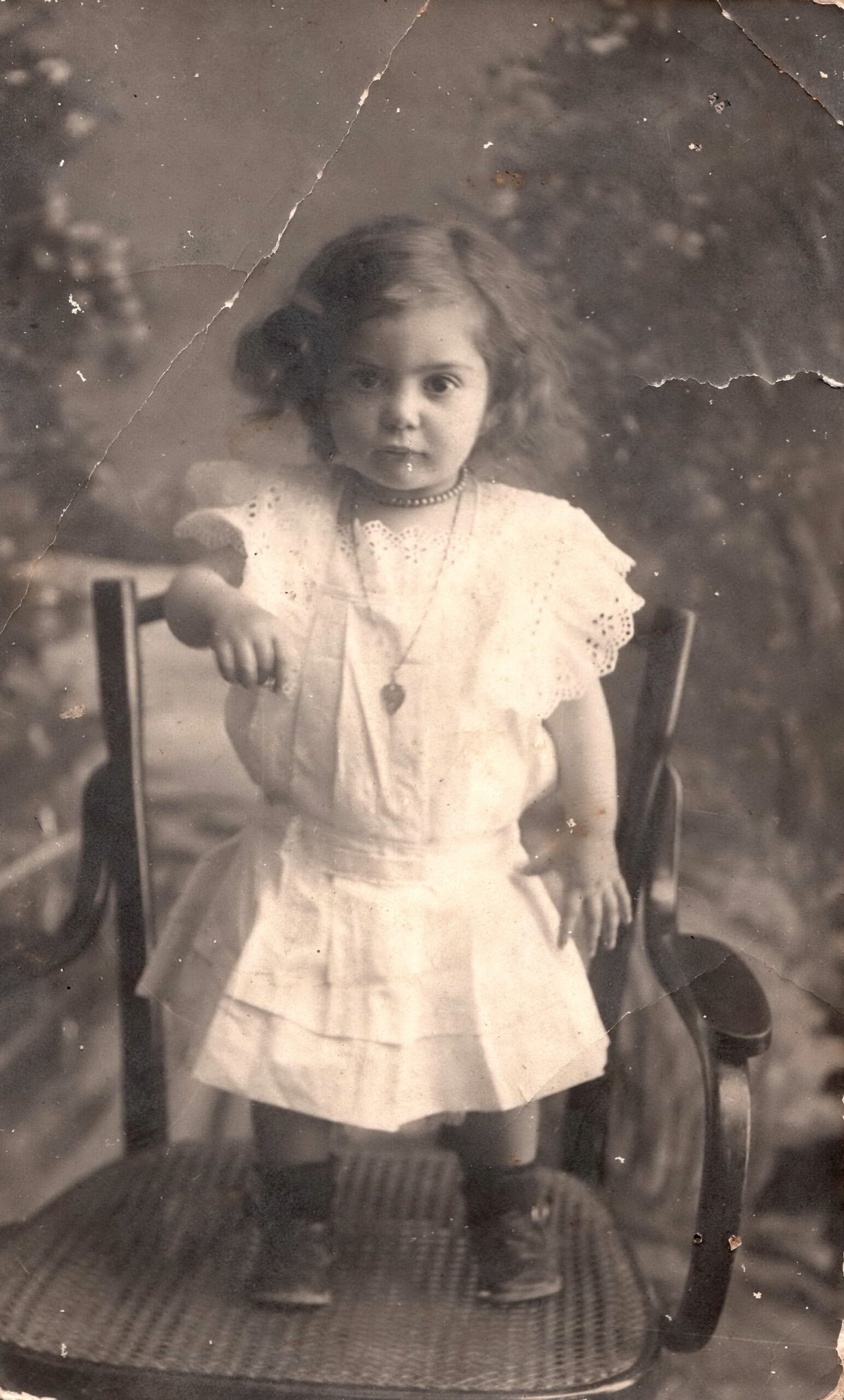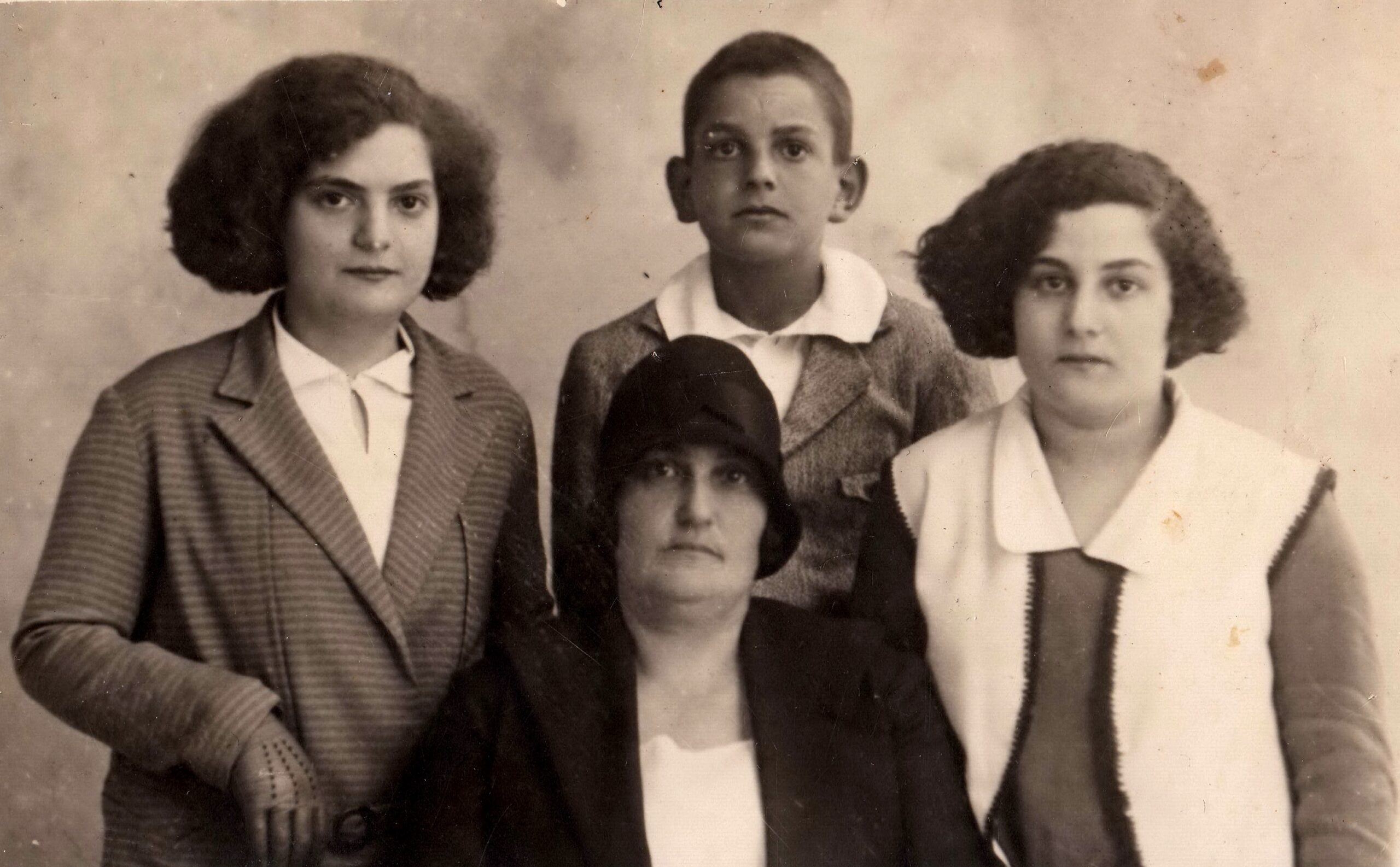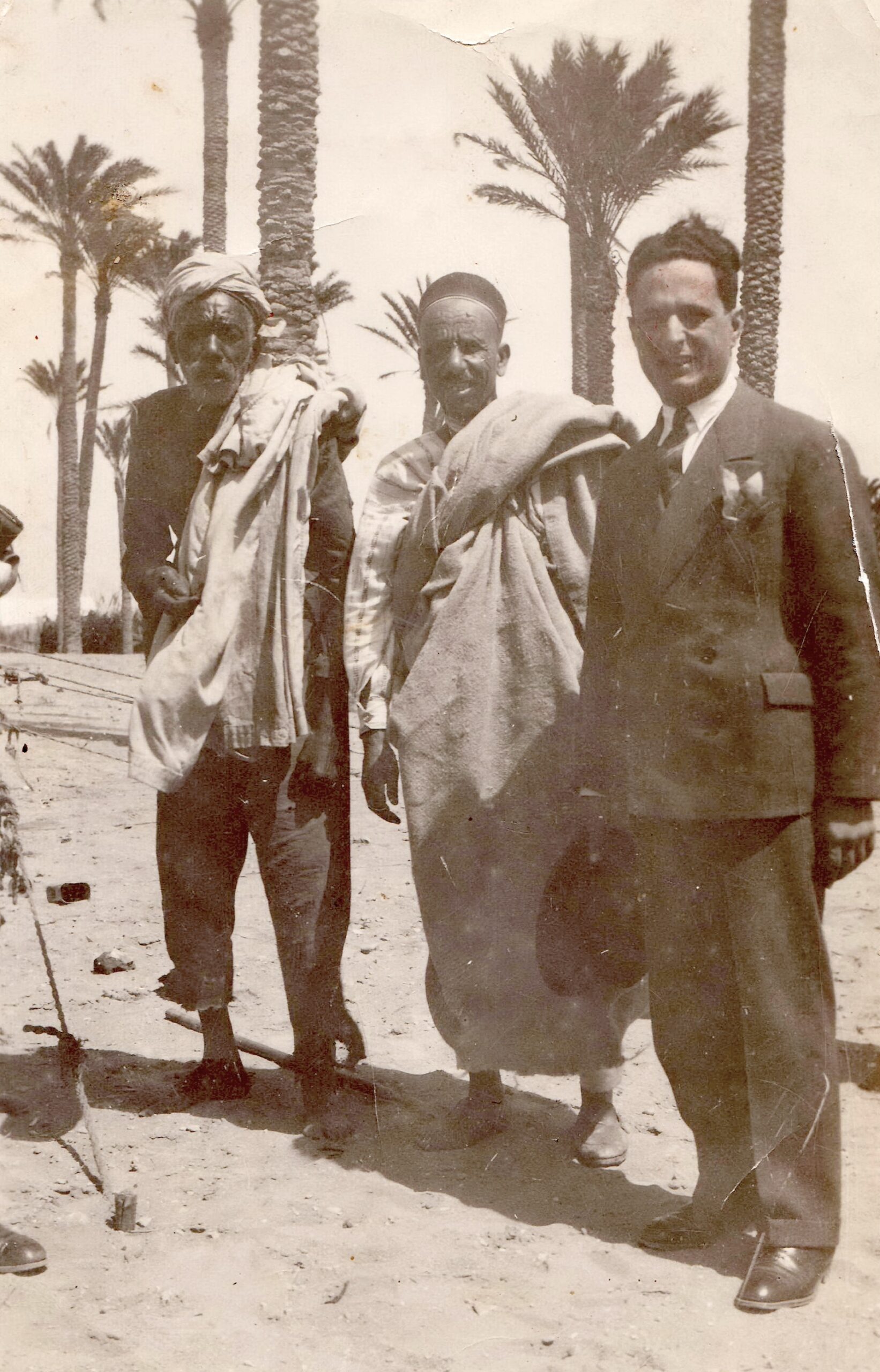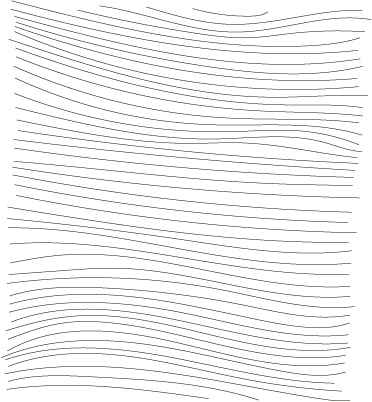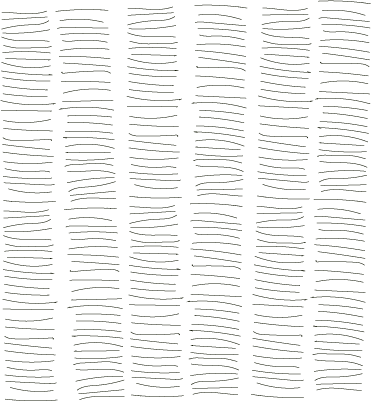Vittorio Mimun was born in 1933 in Benghazi, Libya. His father, Elia Mimun, was originally from Cyrenaica, but the family had ancient Sephardic roots tracing back to the Spanish Inquisition, when their ancestors were forced to leave Spain and settled in North Africa. Vittorio’s mother, Rosa Meiohas, was born in Jerusalem, but moved to Libya at the age of three, when Vittorio’s grandfather was sent to Benghazi to manage the affairs of a large textile company. Elia Mimun also worked in the textile industry, serving as a representative for major Italian companies, ensuring that the family had a stable and comfortable life in Benghazi until 1942.
In those years, Benghazi, under Italian rule, was experiencing difficult times due to World War II. The city was repeatedly occupied by British forces, and many members of the Jewish community were interned in concentration camps in Libya and Tunisia. However, the Mimun family managed to avoid this fate: shortly before the Allied takeover, Elia obtained special authorization from the Italian governor to move the family to Tripoli.

My father was allowed to move from Benghazi to Tripoli
Transcript
Vittorio Mimun: I lived in Benghazi until 1942. After that, with authorization from the Italian government, from the Italian governor, my father was allowed to move from Benghazi to Tripoli, while most of the Jewish community—a good part of it—was sent to concentration camps around Tripoli.
Interviewer: What was the camp called?
Vittorio Mimun: The camp was in Yefren, a town 50 km from Tripoli. Among them were my father’s brothers and sisters. My father, however, since he was represented major Italian textile companies, received an authorization document—which I think I still have—that allowed Mr. Elia Mimun and his family to move to Tripoli, avoiding the concentration camp.
Vittorio continued his education in Italian schools: first at the Scuola Regina Margherita in Benghazi and then at the Dante Alighieri School in Tripoli, both institutions attended by many Jews. In Tripoli, he discovered a diverse Jewish community, with many residents living in the city and others, less affluent, in the hara, the old city. The years in Tripoli were marked by increasing tensions. Vittorio witnessed the pogroms of 1945 and 1948, during which the community tried to defend itself from violence. These were challenging years, during which many Jews decided to leave Tripoli and migrate to Israel, supported by international organizations and delegates from the Israeli government. The departures were meticulously organized and included medical examinations, treatment for the sick, and transportation to the port, where ships were departing for Israel.

They organized emigration for the Jews who wanted to leave
Transcript
Vittorio Mimun: They [the Israeli delegates] organized [emigration] for the Jews who wanted to leave, conducting medical examinations through the [American Jewish] Joint [Distribution Committee] and the OSE [Oeuvre de Secours aux Enfants]. Those who were unable to leave because of illnesses, like tuberculosis, were sent to Italy, to Sondrio, for treatment. Families were kept in Tripoli until they recovered, then they were sent to Israel. There were gathering camps in the city; the ship would arrive, they would gather all the families on the list scheduled to depart on that ship, and they would accompany them by bus to the port for boarding.
In the 1950s, after Libya’s independence, Elia Mimun decided to pursue a long-held project and moved to Italy. Vittorio chose to stay in Tripoli instead, where he continued to manage the family business in the textile sector. During this period, he got married, and two of his three children were born. But in 1967, during the Six-Day War, tensions rose once again, and anti-Jewish and anti-Israeli demonstrations forced Vittorio and his family to leave Libya for good. They settled in Milan, where they began a new chapter in their lives.



